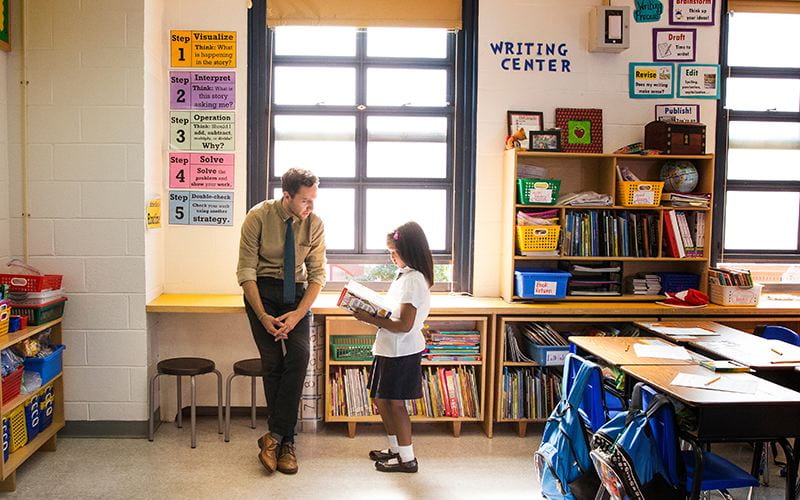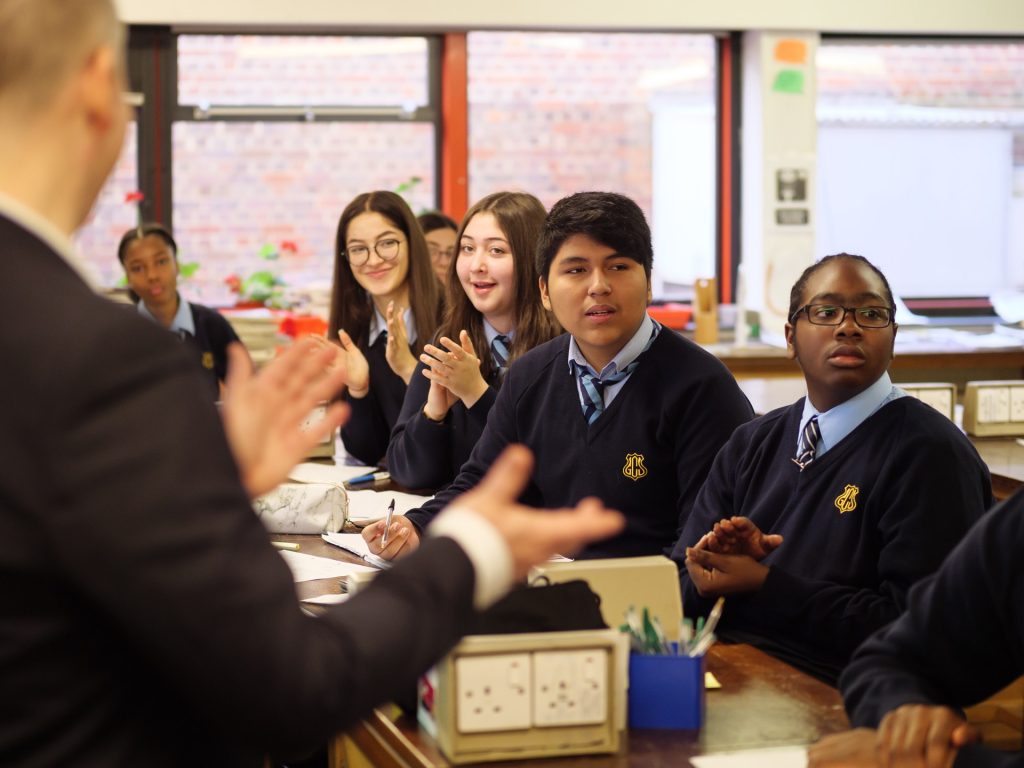Opportunity for all? Which pupils are studying languages in England and why?
By IOE Blog Editor, on 7 November 2024

Credit: Drazen via Adobe Stock.
7 November 2024
By Ann-Marie Hunter, Elin Arfon, and Zhu Hua
Overview
One of the aims of the UK government’s current curriculum and assessment review is to ‘break down barriers to education’. Our research within the NCLE Language Hubs programme contributes to this discussion by exploring pupils’ access to languages.
We found that policy decisions made at the school level can significantly boost the uptake of languages at GCSE – but this can come at the expense of inclusion. We suggest that this tension is driven by accountability measures and other constraints that shape schools’ approaches, leading them to select pupils to study a language who have high achievement in other subjects like maths and English. We hope our research can contribute to positive action at the national and school level to address this concerning dynamic. (more…)
 Close
Close








 15 March 2022
15 March 2022

